Category: Division of Laboratory Sciences
Meet Dr. Victor R. De Jesús, Chief of the Volatile Organic Compounds Laboratory at CDC
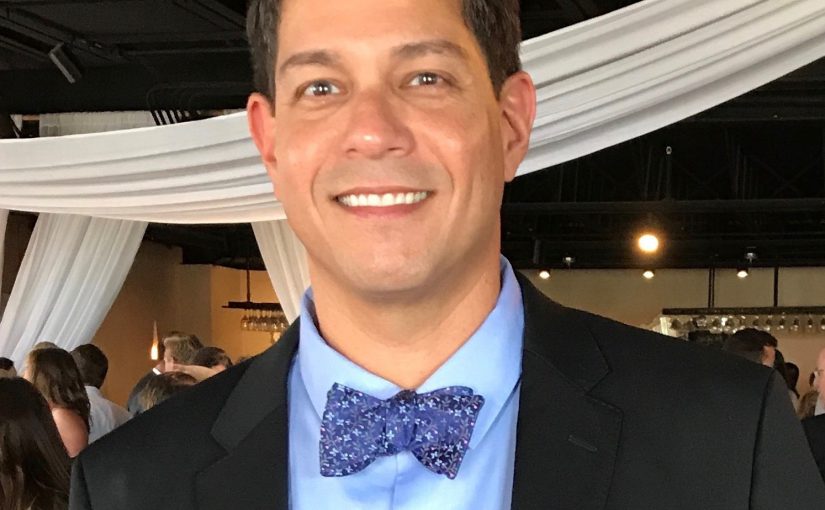
Personal History and Education Born and raised in Puerto Rico, Dr. Victor De Jesús moved to the mainland after high school to pursue an education in chemistry, landing in Wisconsin. The brutal winter proved too much for him, so he returned to Puerto Rico where he completed undergraduate studies in chemistry at the Universidad Interamericana Read More >
Posted on by Leave a commentTwenty Years of the Laboratory Response Network
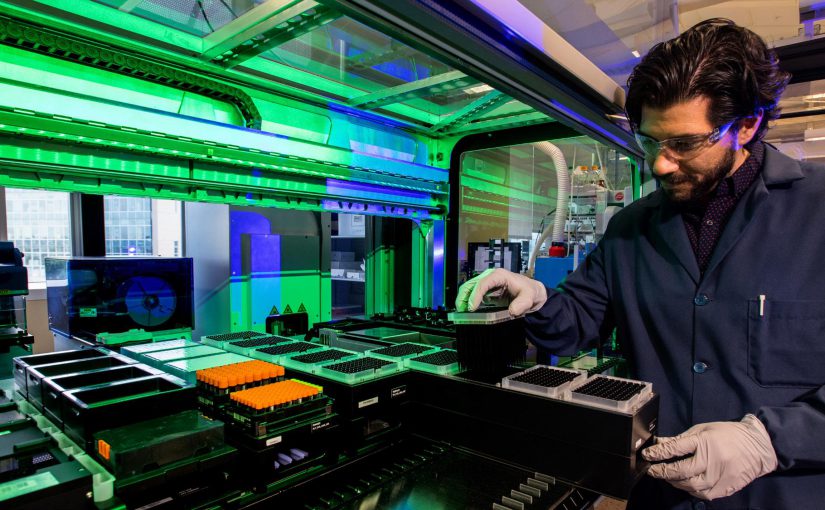
What do chemical spills, the opioid epidemic, Zika, and potential safety threats at the Super Bowl have in common? They are examples of public health emergencies that CDC and local and state laboratory partners prepared for and responded to during the last 20 years. Read More >
Posted on by Leave a commentMeet Dr. Rudolph (Rudy) Johnson, Chief, Emergency Response Branch, Division of Laboratory Sciences at CDC
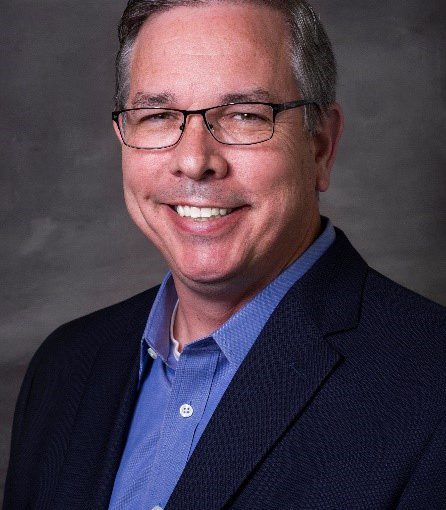
“Everyone has something that I need to know.” Originally from Detroit, Rudy is a 4th generation public servant. He grew up moving with his family every 3 years, ending up in Atlanta where his father worked for and retired from the Internal Revenue Service, right next door to where Rudy now works. Read More >
Posted on by Leave a commentMeet Dr. Amy Watson, full-time senior service fellow and self-proclaimed “helicopter mom.”
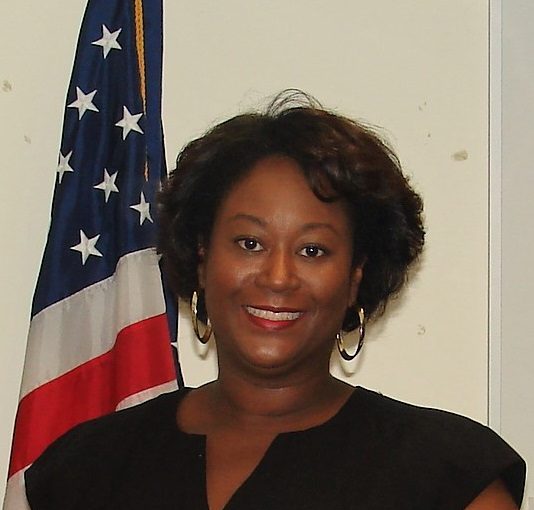
Dr. Amy Watson works in the Emergency Response Branch of the Division of Laboratory Sciences, National Center for Environmental Health at CDC. Read More >
Posted on by Leave a commentLab Quality Program Important to Newborn Screening
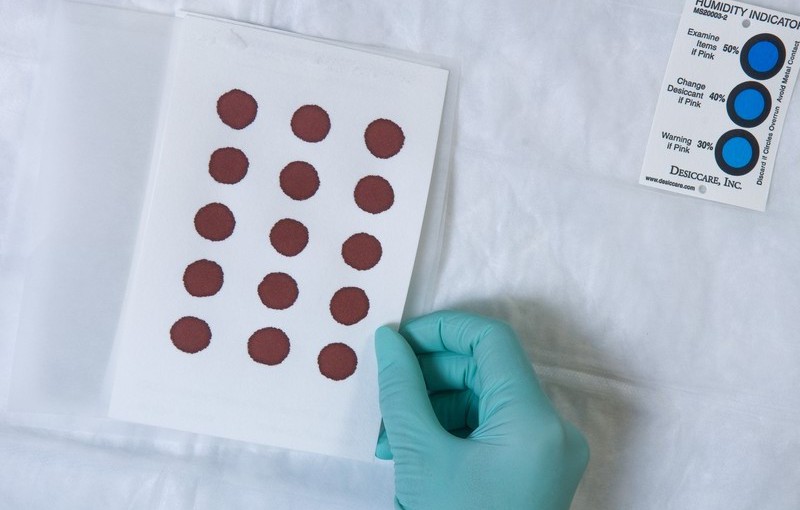
Learn about one of the nation’s most successful public health programs for newborn screening – CDC’s National Center for Environmental Health Lab Quality Program. CDC’s Division of Laboratory Sciences in the National Center for Environmental Health plays an important role in newborn screening by offering the Newborn Screening Quality Assurance Program (NSQAP) to local, state, Read More >
Posted on by Leave a commentAre We Getting Enough Vitamins and Nutrients?

March is National Nutrition Month. To find out if Americans are getting enough nutrients, NCEH’s Division of Laboratory Sciences tested blood and urine samples collected by CDC’s National Health and Nutrition Examination Survey. The results may surprise you. CDC’S Second Nutrition Report on Biochemical Indicators of Diet and Nutrition found 9 out of 10 people Read More >
Posted on by Leave a commentFolic Acid

January 3-9, 2016, is National Folic Acid Awareness Week. This blog post explains the importance of folic acid in the diet of women who may become pregnant and the significance of folic acid research and biomonitoring by NCEH’s Environmental Health Laboratory. A couple of decades ago, about 4,000 babies were born each year with neural Read More >
Posted on by Leave a commentNewborn Screening: Lives Saved and Dances Danced

“It’s ok to have MCADD! You can do whatever you want!” says five-year-old Karina Martinez, happily. Background People with medium chain acyl-CoA dehydrogenase deficiency (MCADD) cannot burn fat for energy. Our bodies rely on fat for energy when we don’t eat for a while, such as when we miss a meal, or when we sleep. Read More >
Posted on by Leave a commentAll Scientists are Artists at Heart

Meet Dr. Zsuzsanna (Susan) Kuklenyik, Senior Research Scientist and Analytical Chemist, Clinical Chemistry Branch, Division of Laboratory Sciences, National Center for Environmental Health, CDC. Read More >
Posted on by Leave a commentMeet the Scientist: Dr. Suzanne (Suzy) Kalb
Meet Research Chemist Dr. Suzanne (Suzy) Kalb, who works in CDC’s National Center for Environmental Health, Division of Laboratory Sciences, Clinical Chemistry Branch. The downside of organic chemistry for most students was the interesting upside for Dr. Kalb. Organic chemistry is a tough pre-requisite course for medical school. “It’s less memorization, and it’s more about Read More >
Posted on by Leave a comment
